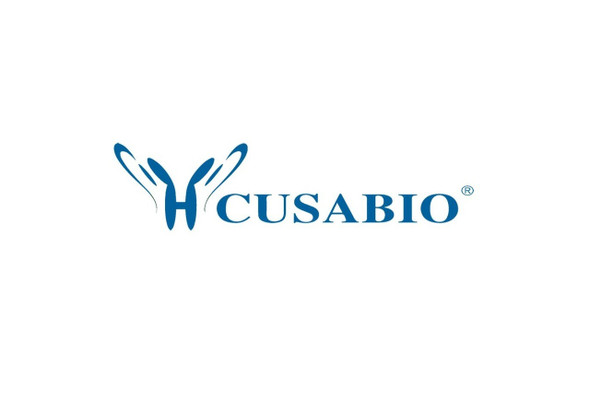Cusabio Polyclonal Antibodies
ABCC10 Antibody | CSB-PA112004
- SKU:
- CSB-PA112004
- Availability:
- 3 to 7 Working Days
Description
ABCC10 Antibody | CSB-PA112004 | Cusabio
ABCC10 Antibody is Available at Gentaur Genprice with the fastest delivery.
Online Order Payment is possible or send quotation to info@gentaur.com.
Product Type: Polyclonal Antibody
Target Names: ABCC10
Aliases: ATP-binding cassette, sub-family C (CFTR/MRP), member 10
Background: The protein encoded by this gene is a member of the superfamily of ATP-binding cassette (ABC) transporters. ABC proteins transport various molecules across extra- and intra-cellular membranes. ABC genes are divided into seven distinct subfamilies (ABC1, MDR/TAP, MRP, ALD, OABP, GCN20, and White) . This ABC full-transporter is a member of the MRP subfamily which is involved in multi-drug resistance. Multiple transcript variants encoding different isoforms have been found for this gene.
Isotype: IgG
Conjugate: Non-conjugated
Clonality: Polyclonal
Uniport ID: Q5T3U5
Host Species: Rabbit
Species Reactivity: Human
Immunogen: Synthetic peptide of human ABCC10
Immunogen Species: Human
Applications: ELISA, IHC
Tested Applications: ELISA, IHC;ELISA:1:2000-1:5000, IHC:1:25-1:50
Purification Method: Antigen affinity purification
Dilution Ratio1: ELISA:1:2000-1:5000
Dilution Ratio2: IHC:1:25-1:50
Dilution Ratio3:
Dilution Ratio4:
Dilution Ratio5:
Dilution Ratio6:
Buffer: -20°C, pH7.4 PBS, 0.05% NaN3, 40% Glycerol
Form: Liquid
Storage: Upon receipt, store at -20°C or -80°C. Avoid repeated freeze.
Initial Research Areas: Signal Transduction
Research Areas: Cancer;Metabolism;Signal transduction











